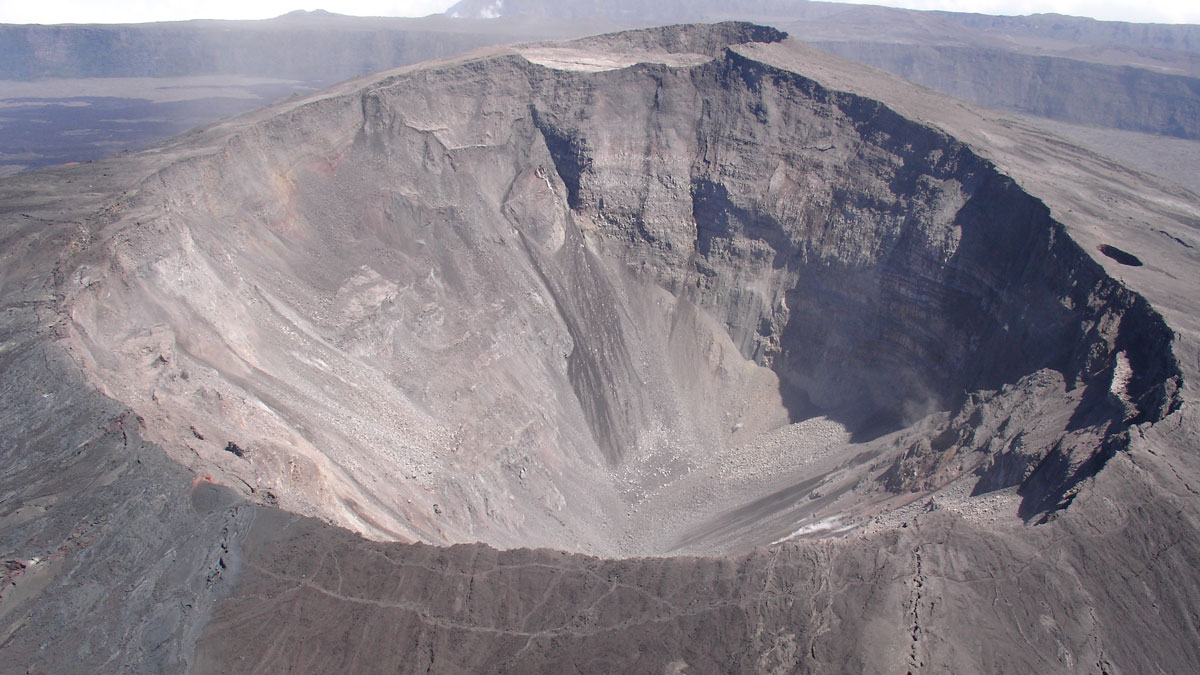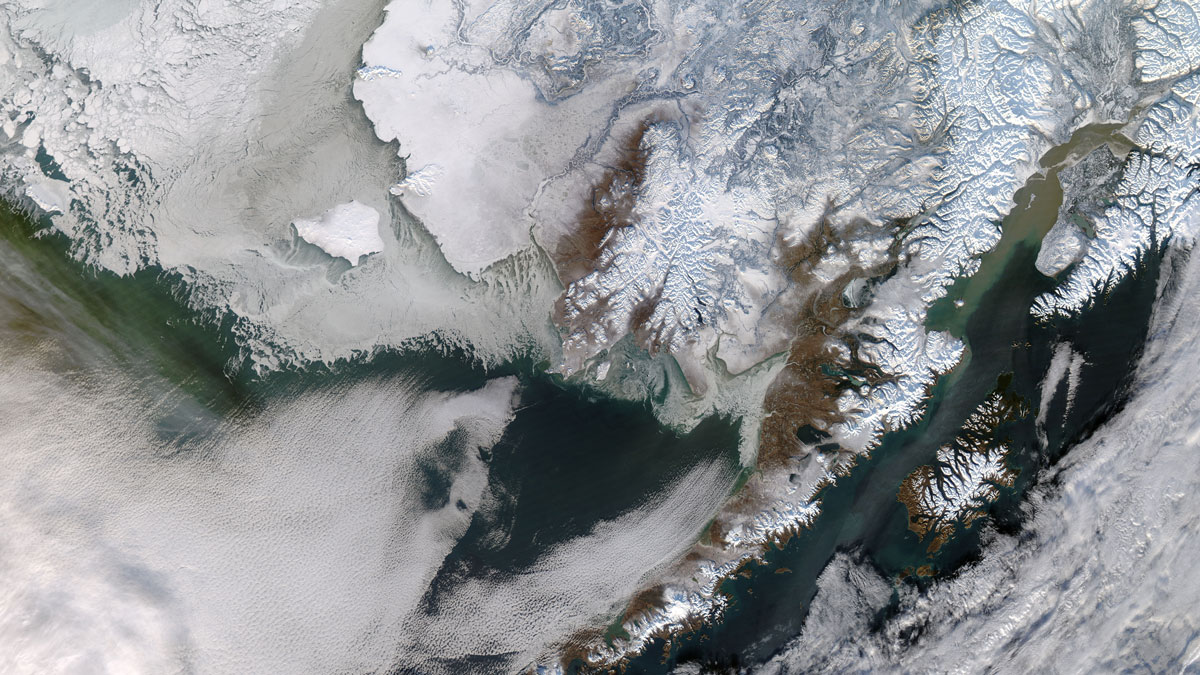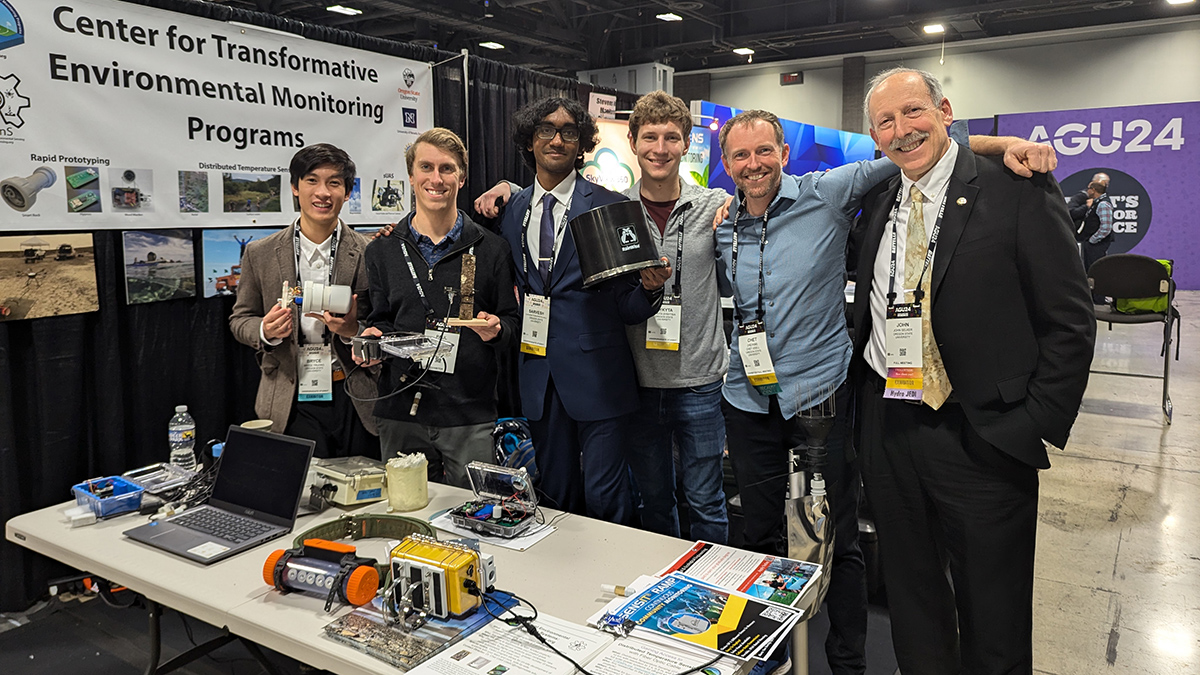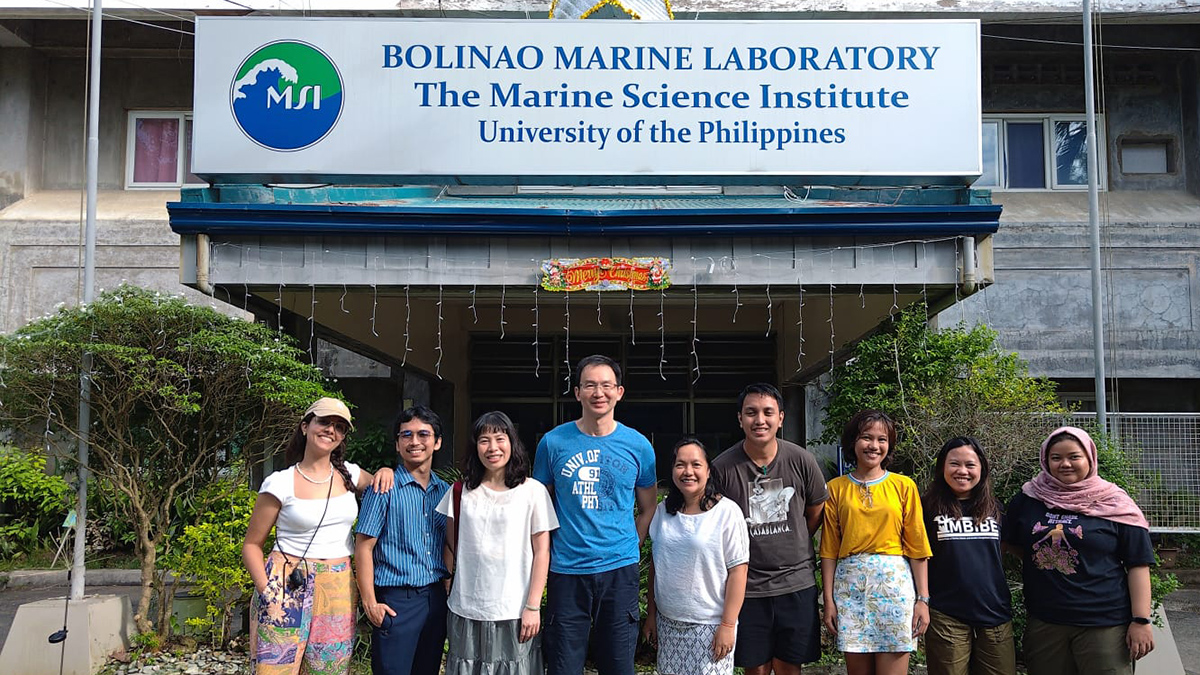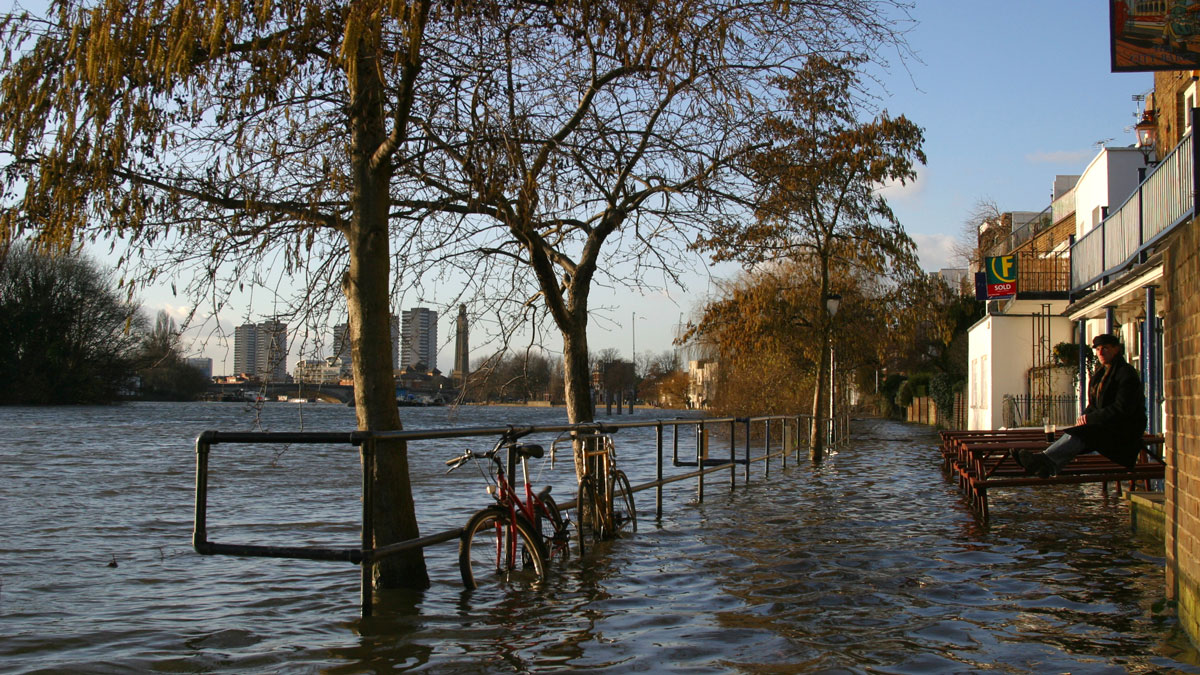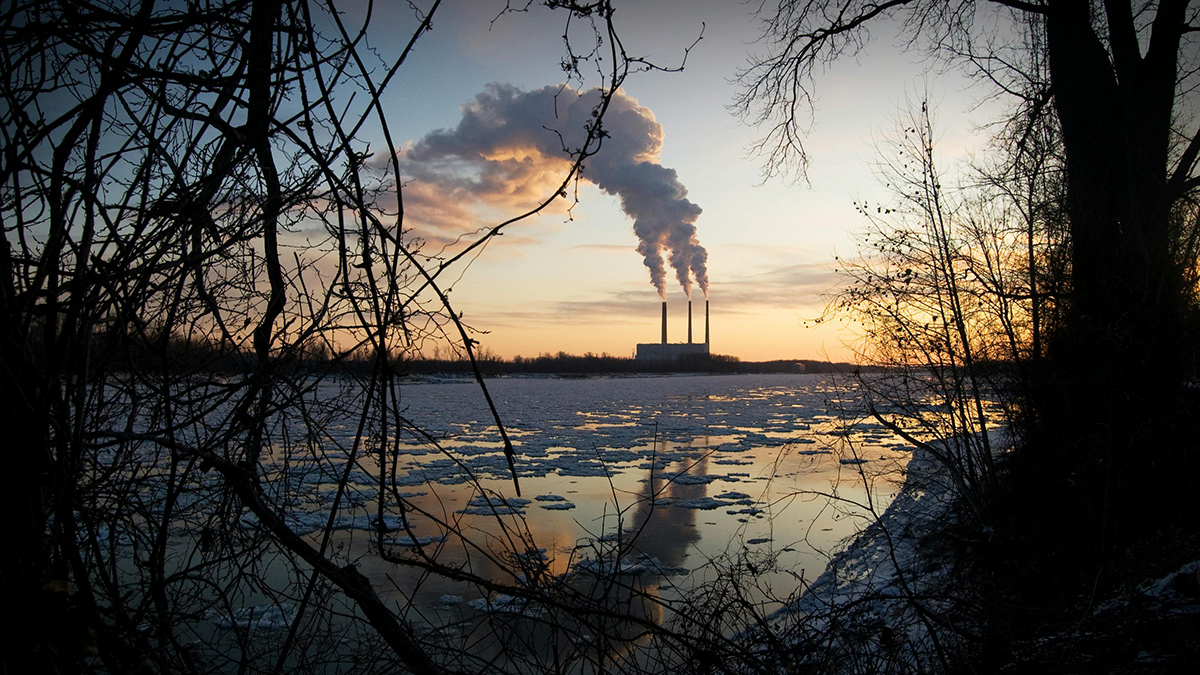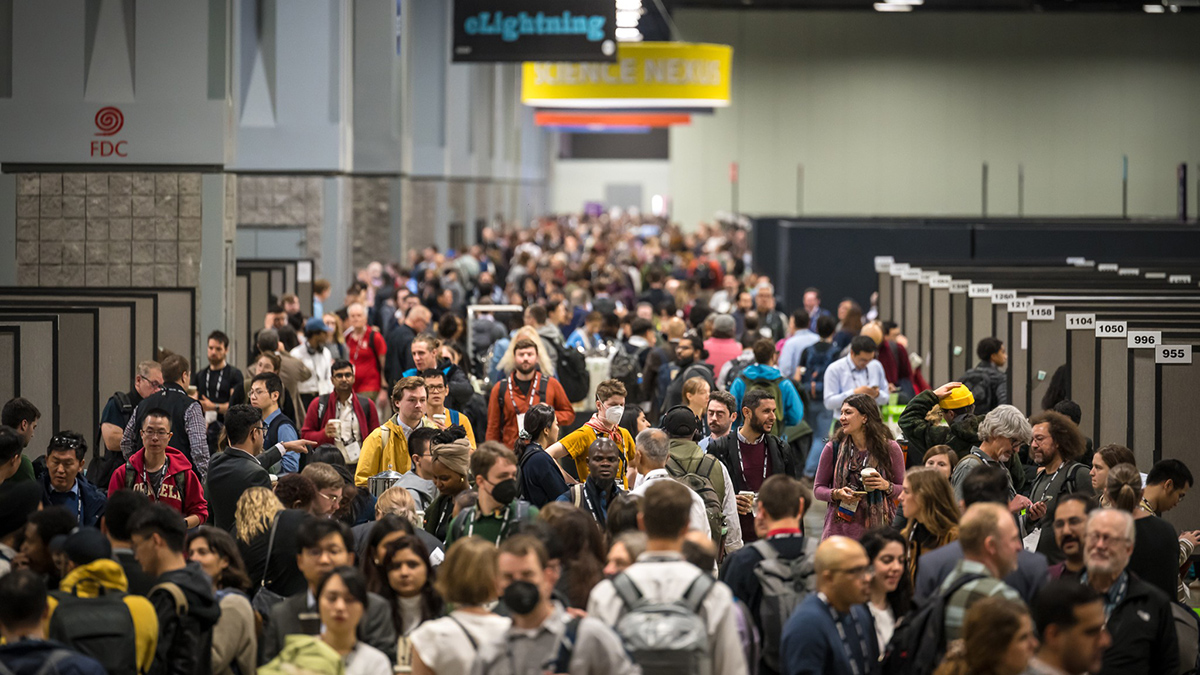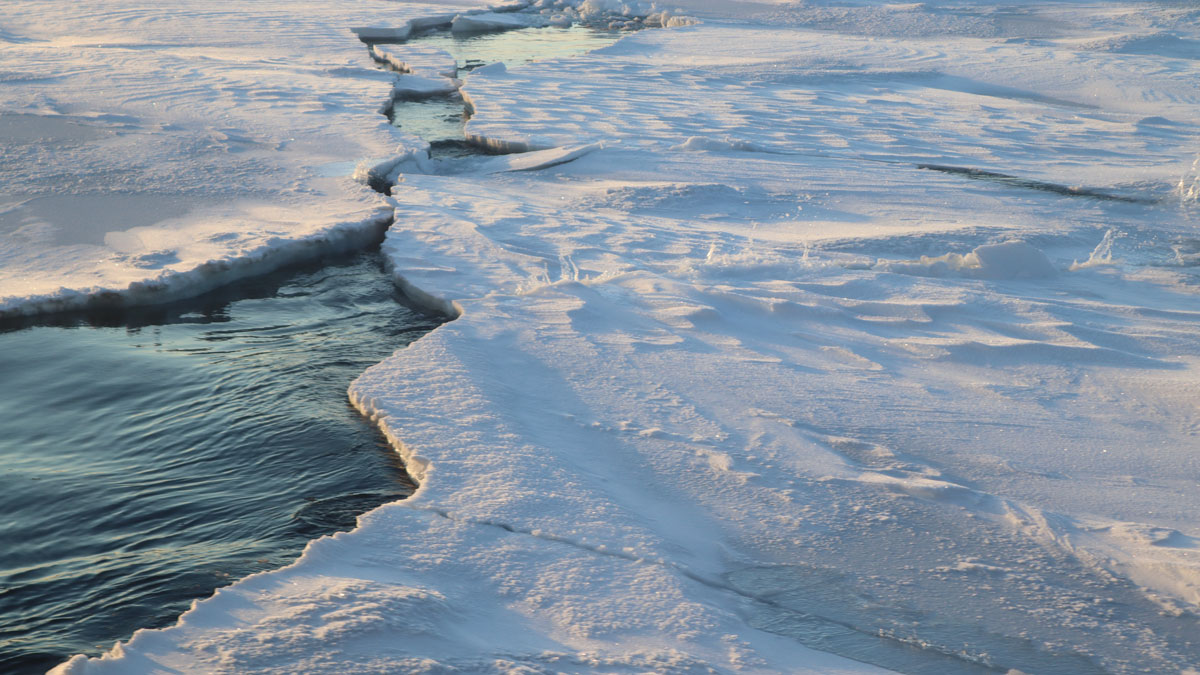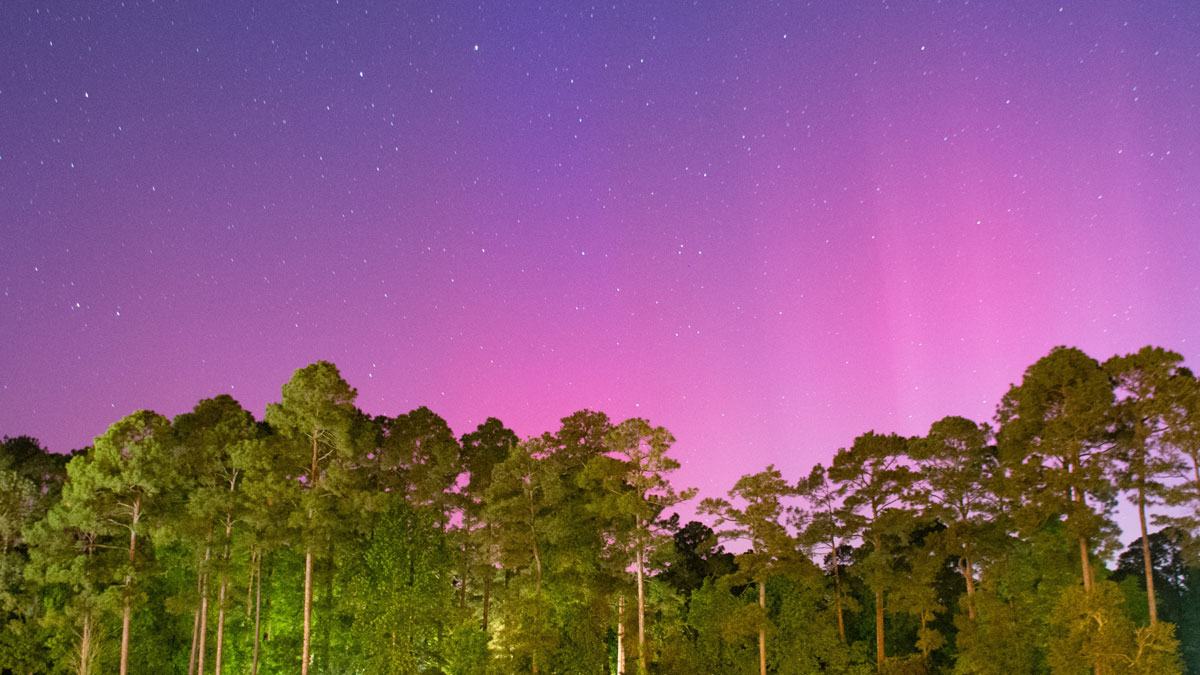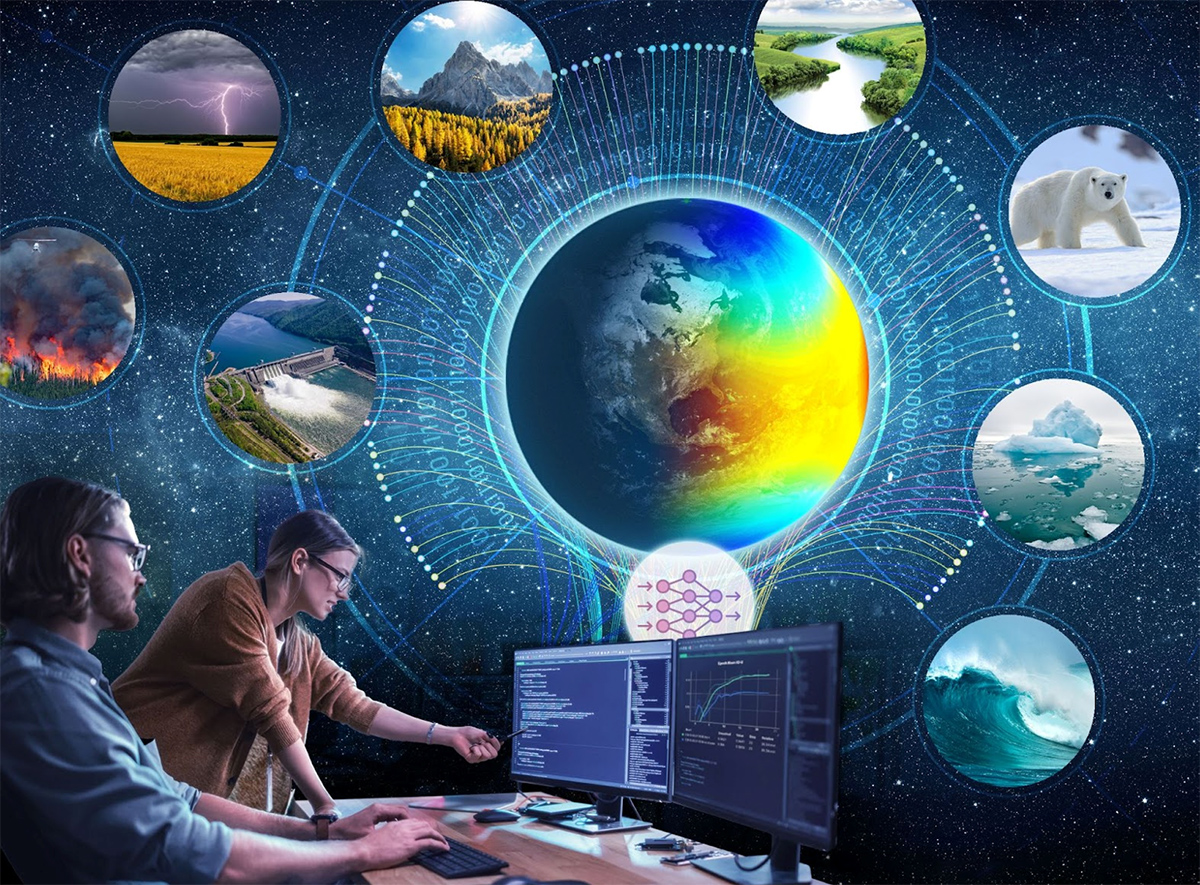Research into the hazardous collapses of basaltic volcanoes has revealed common physical processes, but addressing remaining questions requires learning more from historical events.
meetings & workshops
Changing Winters Leave Indigenous Alaskans on Thin Ice
Researchers are blending Indigenous Knowledges with climate models to describe shifts in snow and ice.
Celebrating the MacGyver Spirit: Hacking, Tinkering, Scavenging, and Crowdsourcing
The MacGyver sessions allow scientist-tinkerers to have “nerd-on-nerd” discussions about do-it-yourself gadgets and gizmos.
A Cryobank Network Grows in the Coral Triangle
As the ocean becomes increasingly inhospitable for corals, researchers in the Coral Triangle are turning to cryopreservation to freeze, thaw, and save the region’s hundreds of coral species.
A New Way for Coastal Planners to Explore the Costs of Rising Seas
A framework featuring a range of plausible future sea level rise scenarios could help coastal planners prepare critical infrastructure for the worst-case scenario.
A Better Way to Monitor Greenhouse Gases
A unified, global observing system could more effectively monitor progress in reducing emissions and accelerate climate action through improved data and decision support.
Eight Ways to Encourage Equality, Diversity, and Inclusion Discussions at Conferences
Getting scientists to engage in sessions about issues of scientific culture is challenging, but these best practices for meeting organizers can help.
Finding Consensus on Arctic Ocean Climate History
Understanding the effects of a “blue” Arctic Ocean on future climate requires a coordinated effort to study Earth’s past warm periods using a variety of classical and cutting-edge methods.
Two Neutron-Monitoring Networks Are Better Than One
Hydrologists, atmospheric scientists, and space scientists are teaming up to keep a closer eye on soil moisture, hazardous space weather, and more.
A Two-Step Approach to Training Earth Scientists in AI
Researchers learned machine learning methods during a boot camp, then applied their new knowledge to real-world research problems during a hackathon.

